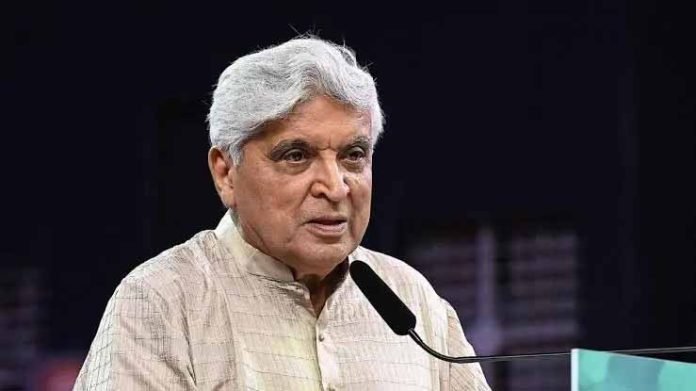Veteran screenwriter and lyricist Javed Akhtar has raised serious concerns regarding censorship in Indian cinema, criticizing regulatory bodies for their apparent double standards. Speaking at the inaugural session of the Anantrang Mental Health Cultural Festival on Friday, Akhtar highlighted how films that present the realities of society face stringent scrutiny, while films that promote vulgarity pass with ease.
Akhtar proclaimed, “In this country, vulgarity will still be passed by the film boards. They fail to recognize that such content embodies regressive values. A male chauvinistic perspective often humiliates women, yet films offering a societal reflection struggle for clearance.”
He emphasized that films do not create societal issues; rather, they reflect existing realities. “A film is a window into society through which you peek. Closing the window will not fix what is happening outside,” he commented, urging the industry to present a faithful portrayal of societal issues.
Addressing the influence of hyper-masculinity in cinema, Akhtar stated that such portrayals are popular because society endorses them. “It is because of the mental health of men that films with this narrative are being produced. If men improve their mental health, these films will lose their appeal,” he explained.
Akhtar likened the audience to a deity in the entertainment industry. “A bad audience makes a bad film successful.” His remarks encompass a belief that the audience holds the power to shape film narratives.
In discussing the rise of vulgarity in music, Akhtar expressed disappointment with the current landscape of Hindi cinema. “During the 80s, many songs had double meanings, but I consistently turned down such work. I am not disheartened that those songs became hits; instead, I lament how the audience’s acceptance of such content reflects a decline in taste.”
He referred to the notorious song “Choli Ke Peeche Kya Hai” and pointed out that the pride parents take in their young daughters performing to such tracks is indicative of society’s changing values. “If these are the values of society, what can you expect from films and songs? Cinema is merely a manifestation of societal attitudes,” he asserted.
Amid his criticisms, Akhtar commended the recently released film Saiyaara, directed by Mohit Suri. He described its music as “refreshingly calm and soulful,” contrasting it sharply with what he sees as today’s frantic musical offerings. “The music of Saiyaara has a stillness, an old charm. Today, music has become so overwhelming that percussion often drowns the voice. When soothing melodies emerge, it provides a necessary refuge,” he stated.
Engaging with a philosophical aspect of art, Akhtar addressed the importance of acknowledging sadness. “It’s not good to deny sadness; otherwise, it will resurface in unhealthy forms. In the past, films included several sad songs, but they have largely vanished in the wake of a supposed collective happiness,” he lamented. His laughter accompanied the statement, “accepting sadness is crucial for mental well-being; cry if you must. That’s essential for a healthy mind.”




